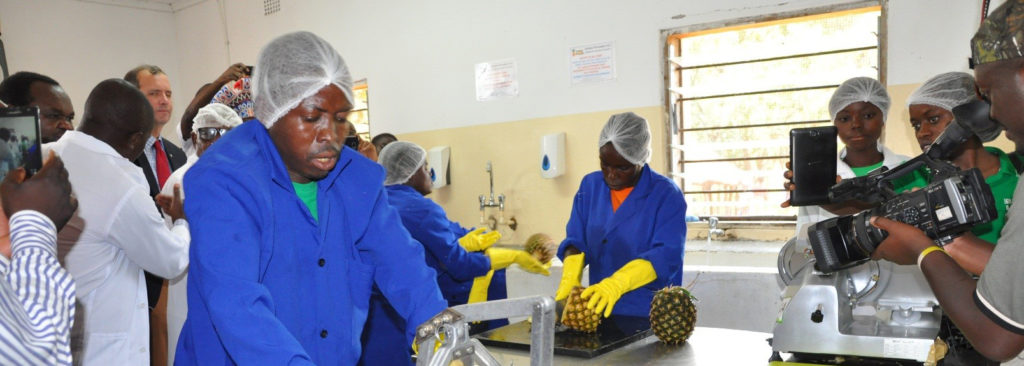Program development manager for social entrepreneurship at Hivos Southern Africa
I’ve been to many conferences around the world to discuss youth unemployment in Africa. Ironically, I’ve seen very few African youth in attendance, let alone voicing their opinions and concerns on stage.
Instead, migration and (Western) best-case models for job creation have been high on the international agenda. In plenary and break-out sessions, NGOs and public and private sector players debate ways to combat the “youth problem”. Reinforced by Western countries, they end up promoting policies and financing programs that only focus on the analysis of African migration as the “problem” threatening their “wellbeing and security.” According to this logic, we should create jobs for African young people so they will “stay where they are.”
What is worth mentioning is that Western countries are far from the first destination of African youth, as they seek opportunities first and foremost in surrounding (African) countries. But unfortunately, this shallow way of looking at the complex issue of migration and unemployment has become a mantra of many donor’s programs and government procurement schemes.
One size does not fit all
If Western countries have decided that the shiniest silver bullet for “aid” and reducing migration is creating jobs for young people, it’s not surprising that so many of their development programs, at least partially, are designed to result in less migration to the West. But one of the reasons why African youth migration figures are not dropping has much to do with these “Western” economic models that ignore the local context of the countries where they’re rolled out.
Some of the fastest growing economies in Africa have the highest rates of youth unemployment. So it’s obvious that African countries need their own tailored models to tackle economic and social issues.
An enabling environment is essential
Young people in Africa are not just tempted to leave their country of birth because of war or (as in many cases) in search of employment. They, like young people everywhere, are also looking to make something of their lives through personal development. Their demands are quite simple: economic opportunities, access to (basic) services and guaranteed fulfilment of their rights.
However, there are too many examples of African governments that would rather invest in their military or police than uphold human rights or provide economic opportunities and basic services. Another important factor propelling migration is the preoccupation of many political leaders with outside investors and companies instead of meeting the needs of their people. As such, there is no real “enabling environment” that supports local business ideas and entrepreneurial youth.
When young people’s ambitions for personal freedom and economic development are confronted with economic models divorced from the local context, the best and brightest will inevitably seek opportunity elsewhere.
Time for change!
Sure, there is no perfect solution to these problems, but it’s clear that countries and civil society need to co-design their own models so their programs meet the simple demands I mentioned above.
Issues differ per country and context, but as the problems grow on all sides, so does the need to stop wasting time and resources and start creating real change. Community leaders, African governments, NGOs, outside investors and all involved must stop promoting agendas based on personal enrichment on the one hand, and fear of outsiders on the other. We need programs with locally rooted social-economic models that combine investments in local support structures, education, capacity development and enabling policies.
The young talent is there. And there are already good examples of bottom-up approaches aligned with youth in our Coworking for Sustainable Employment program in North Africa and our Green Entrepreneurship program in Southern Africa. But only an integrated approach that meets the actual needs of young entrepreneurs and connects to local entrepreneurship environments can and will create long-lasting, sustainable employment.



